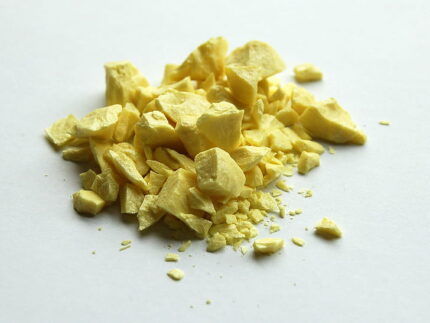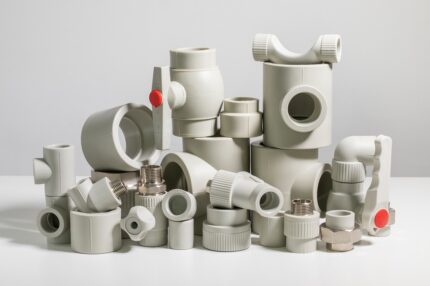Nylon Compounds are a family of synthetic polymers known for their strength, durability, and versatility. Derived from polyamides, nylons are engineered to offer exceptional mechanical properties, chemical resistance, and processability, making them suitable for a wide range of industrial, commercial, and consumer applications.
Key Features:
- Exceptional Strength and Durability:
- High Tensile Strength: Offers outstanding mechanical strength, making nylons ideal for applications that require robust performance under stress.
- Durability: Maintains performance and structural integrity under harsh conditions, including mechanical wear and high-impact environments.
- Excellent Wear and Abrasion Resistance:
- Low Friction: Exhibits low friction properties, reducing wear and extending the lifespan of components in moving parts.
- Abrasion Resistance: Highly resistant to abrasion, making it suitable for applications involving constant movement or contact with abrasive materials.
- Good Chemical Resistance:
- Broad Chemical Resistance: Resists degradation from various chemicals, including oils, fuels, and solvents.
- Suitability: Ideal for environments where exposure to chemicals is common.
- Thermal Stability:
- Temperature Range: Performs well across a wide temperature range, typically from -40°C to 120°C (-40°F to 248°F), with variations depending on the specific nylon grade.
- Heat Resistance: Retains mechanical properties at elevated temperatures, making it suitable for high-temperature applications.
- Moisture Absorption and Dimensional Stability:
- Moisture Absorption: Nylon compounds absorb moisture, which can affect dimensional stability; however, formulations can be tailored to minimize these effects.
- Dimensional Stability: Modified formulations can improve dimensional stability in varying humidity conditions.
- Ease of Processing:
- Versatile Manufacturing: Can be processed using common techniques such as injection molding, extrusion, and blow molding.
- Customizable: Allows for the development of complex shapes and tailored properties through various processing methods.
- Versatile Applications:
- Automotive: Engine components, fuel lines, and interior trim due to its strength, durability, and resistance to heat and chemicals.
- Industrial: Gears, bearings, and conveyor belts benefiting from wear resistance and mechanical strength.
- Consumer Goods: Sports equipment, tools, and household items where durability and performance are required.
- Textiles: Fabrics and fibers used in clothing and upholstery, leveraging nylon’s strength and flexibility.
- Customizable Formulations:
- Various Grades: Available in different grades such as Nylon 6, Nylon 66, and Nylon 12, each offering specific properties tailored to various applications.
- Tailored Properties: Can be modified to achieve desired characteristics such as enhanced impact resistance, reduced moisture absorption, or improved flame retardancy.
Applications and Benefits:
- Automotive Components: Provides high strength and durability for engine parts, fuel systems, and interior components.
- Industrial Applications: Ensures robust performance in gears, bearings, and other machinery parts exposed to mechanical stress.
- Consumer Products: Delivers strength and flexibility for a variety of everyday items, including sports equipment and household tools.
- Textile Industry: Offers durability and flexibility for high-performance fabrics and fibers used in clothing and upholstery.
Nylon Compounds are designed to deliver superior strength, durability, and versatility across a broad range of applications. Explore how these compounds can enhance the performance, reliability, and efficiency of your products in various industries.








Reviews
There are no reviews yet.